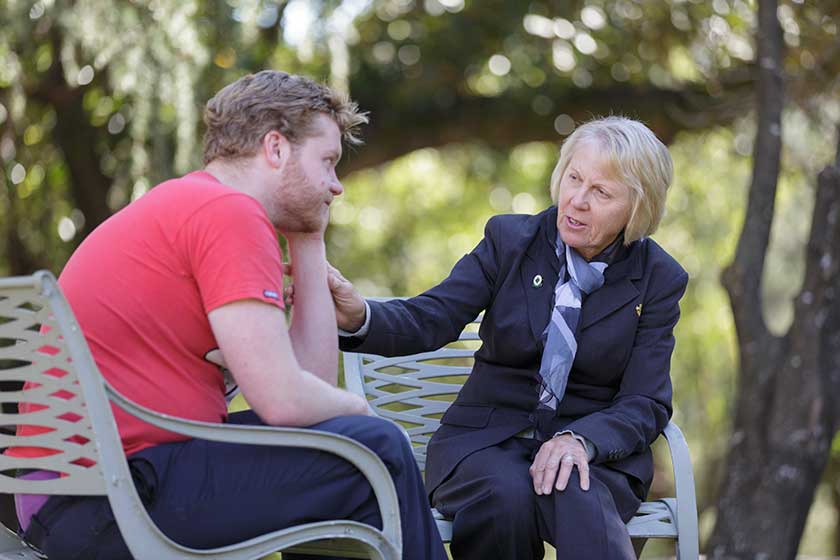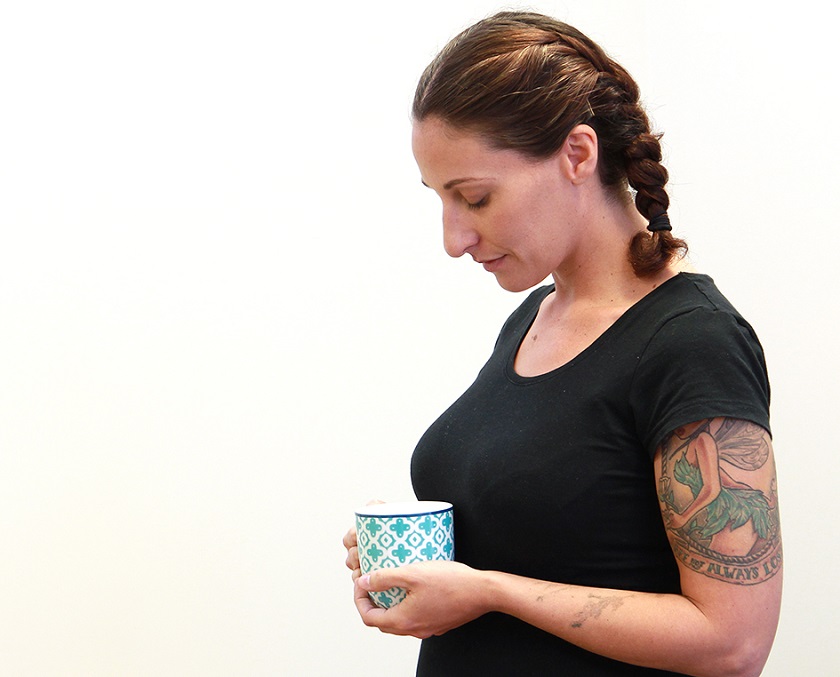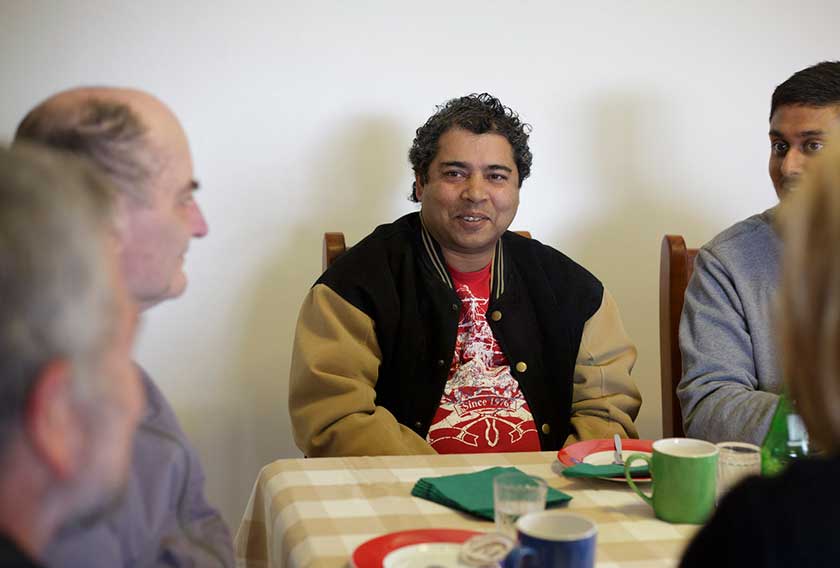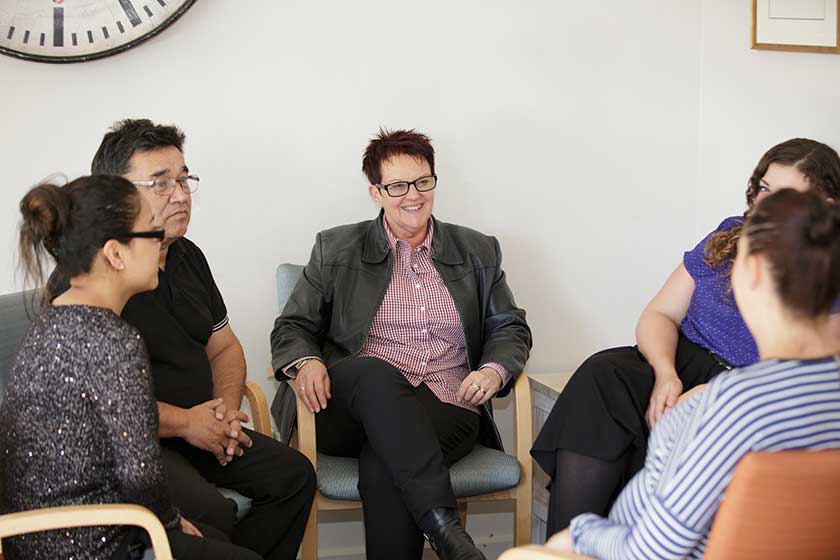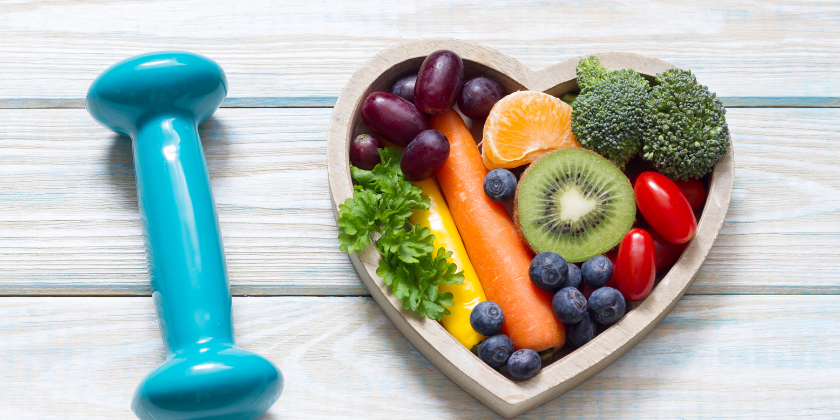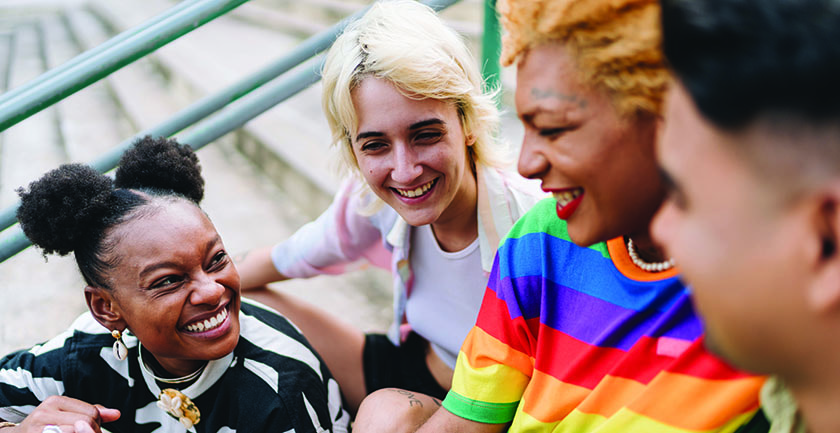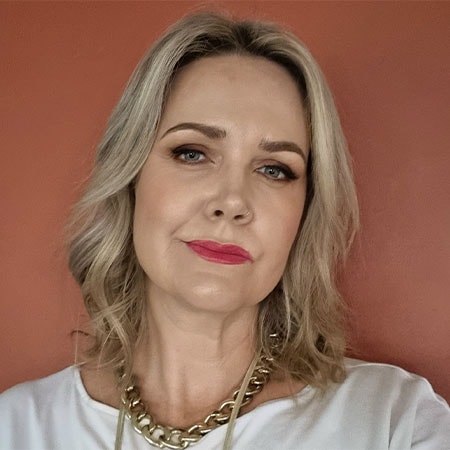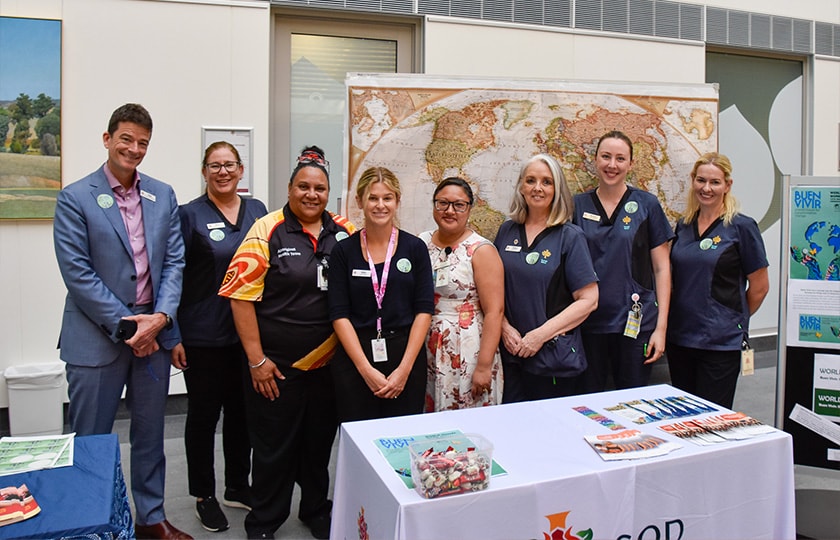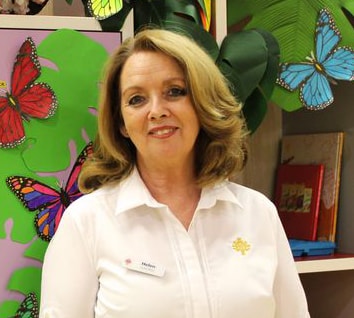Firstly, the definition of habit and addiction.
Habits
Habits are something you do regularly and often on autopilot.
They develop over time and, with repetition, usually become an unconscious part of your day-to-day routine.
You can have habits that are good for you such as regular exercise, preparing and eating healthy meals or putting your keys away in the same spot every time so they’re easy to find. Other habits may be less desirable such as eating junk food late each night as you watch TV or chewing your nails.
Whether they’re harmless, positive or actually bad for you, habits can be hard to break.
Addiction
Addictions can look like habits in that they involve regular behaviours often done on autopilot.
Addictions are more complex because they also involve physiological and/or psychological needs as drivers.
By definition addictions always have negative consequences - on your health, finances, relationships, or self-esteem.
Do I have a habit or addiction?
If your habits are hard to break and you also find yourself:
- doing the behaviour more often or to a more extreme degree
- feeling anxious if you can’t engage in the behaviour
- being asked questions from your loved ones about your behaviour
- missing work, school, social activities or home responsibilities because of the behaviour
You may have an addiction.
What are the most common types of addiction?
In Australia the four most common addictions are:
- alcohol
- smoking
- illicit drugs
- gambling
There are now addictions to mobile phones, and since smart phones, other online applications such as gaming and pornography.
What should I do if I think I have a problem?
The first step is acknowledging the problem. The next step is to seek help.
Your GP is a good place to start as they can refer you to specialist health professionals with the right experience and skills.
Find someone who works with you to explore what’s happening for you and collaborates with you on how best to address problems and improve your quality of life.
St John of God Burwood and Richmond hospitals provide a range of programs to address your addiction, including programs targeted at drug and alcohol addiction.

